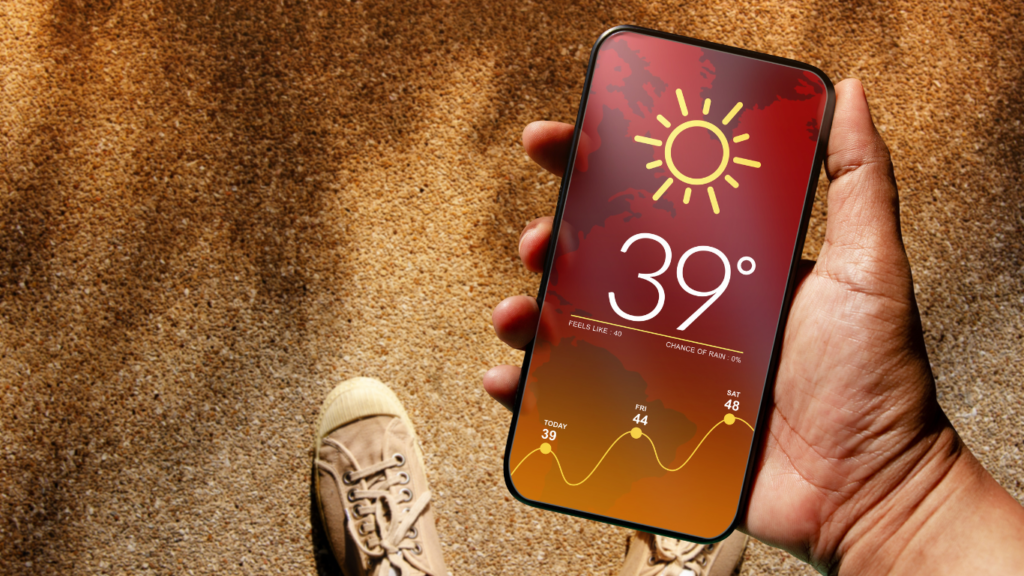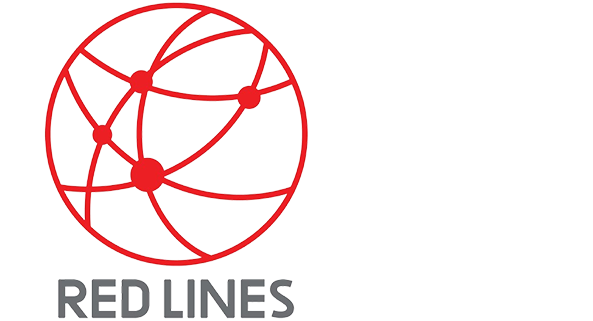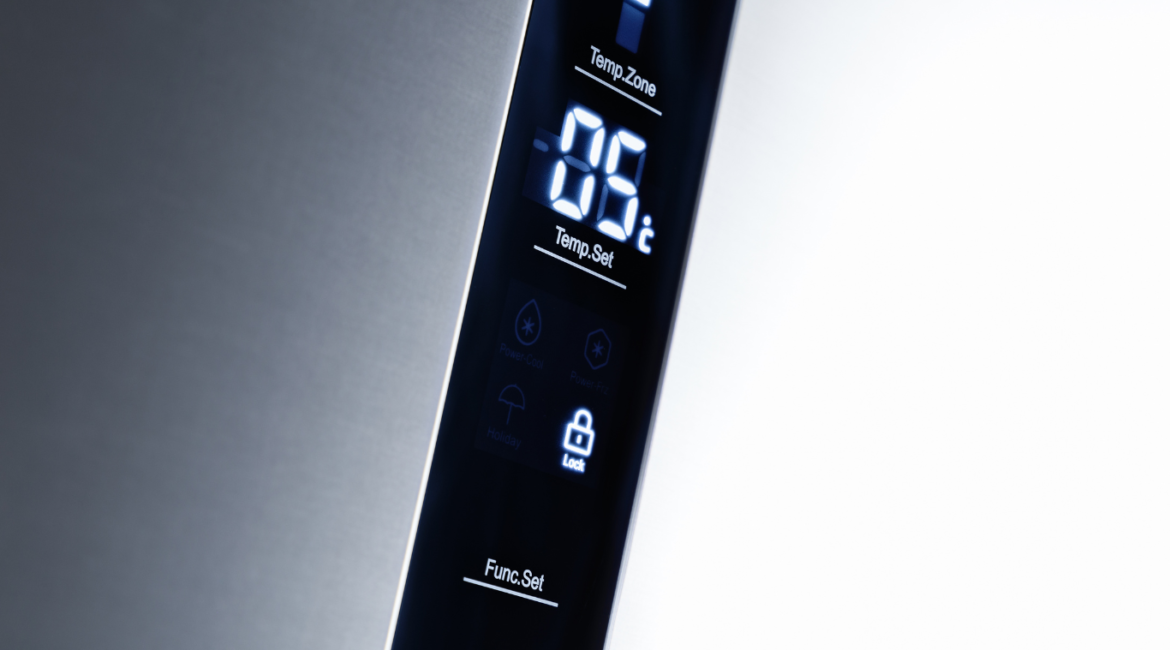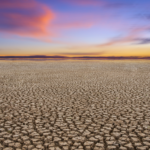In Saudi Arabia, urban planning is a vital aspect of developing cities that can withstand extreme temperatures. The coastal cities of Jeddah and Dammam face different climate challenges compared to the inland city of Riyadh. Understanding these differences is crucial for creating effective urban strategies, and that’s where temperature mapping comes in.
The Importance of Temperature Mapping
Temperature mapping involves collecting and analyzing temperature data across various locations. This process helps identify heat patterns and allows city planners to make informed decisions about urban design. By comparing the heat patterns of coastal cities like Jeddah and Dammam with the inland city of Riyadh, planners can develop tailored solutions that address the unique climate challenges each area faces.
Coastal Cities: Jeddah and Dammam
Jeddah and Dammam are located along the coast of the Red Sea and the Arabian Gulf, respectively. Their proximity to water influences their climate, often resulting in milder temperatures and higher humidity levels. Here’s how temperature mapping aids urban planning in these cities:
- Understanding Humidity Effects: Temperature mapping helps planners assess how humidity levels impact the perceived temperature. This is essential for designing public spaces and buildings that remain comfortable for residents and tourists.
- Strategic Green Spaces: By identifying hot spots, city planners can strategically place green spaces, such as parks and trees, to provide shade and cool the urban environment. This enhances the quality of life for residents and reduces the urban heat island effect.
- Effective Infrastructure Development: Understanding the local temperature patterns allows planners to choose appropriate materials and designs for infrastructure, ensuring buildings and roads can withstand the coastal climate.

Inland City: Riyadh
In contrast, Riyadh, situated inland, experiences higher temperatures and lower humidity levels. This creates a different set of challenges for urban planners:
- Heat Mitigation Strategies: Temperature mapping in Riyadh helps identify areas that experience extreme heat, allowing planners to implement strategies to mitigate heat, such as increasing shade and ventilation in public spaces.
- Efficient Water Management: The data gathered from temperature mapping informs planners about water usage and distribution, which is crucial for maintaining green spaces and cooling urban areas in a desert environment.
- Targeted Development: By understanding heat patterns, planners can design residential and commercial areas that minimize heat exposure, ensuring that these spaces remain comfortable year-round.
The Role of Redlines
At Redlines, we specialize in providing temperature mapping services in Jeddah, Dammam, and Riyadh. Our expert team collects and analyzes temperature data to help city planners make informed decisions that improve urban environments. By utilizing our services, cities can implement strategies tailored to their unique climates, ensuring a sustainable and comfortable living space for all residents.
Conclusion
Mapping coastal versus inland heat patterns through temperature mapping is essential for effective urban planning in Saudi Arabia. By understanding the distinct climate challenges faced by cities like Jeddah, Dammam, and Riyadh, planners can develop targeted strategies that enhance urban living. With the expertise of Redlines, cities can create more resilient and sustainable environments that cater to the needs of their populations.
you can get more information on our site: Redlines.com





